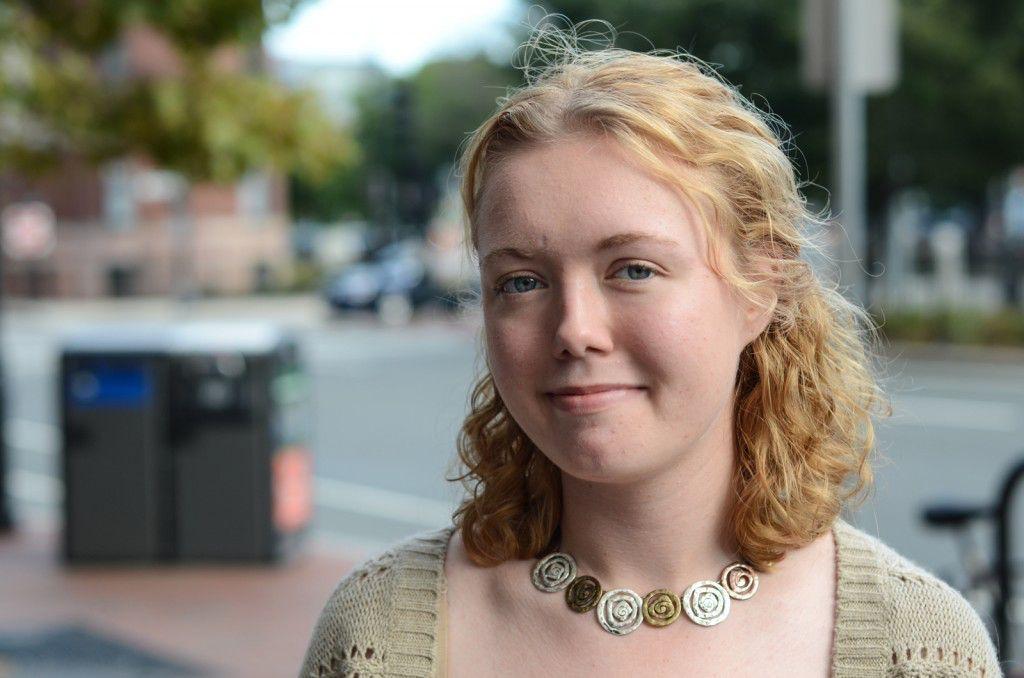We need another “Party in the U.S.A.”
No, Miley Cyrus doesn’t need to put out another stellar single; the girl has done enough I promise. I’m talking about our country’s need for third parties at the national level.
The United States is one of the few industrial nations to have a “winner-take-all” political system in place for elections. When all the votes are tallied after a political race, whichever candidate gets the plurality of votes wins the seat. In other countries, small third parties have a better chance of winning seats because each party gets a proportionate number of seats in the governing body, based on how well they did in the elections.
One party might get 37 percent of the votes, so they will get 37 percent of the seats in the government. A smaller party might get 6 or 7 percent of the vote nationally, so they’ll get a few seats. Compare this to the American system, where a third party candidate could receive 49 percent of the vote in a two-candidate race and still not win. This prevents third parties from having any influence at the national level.
In these other political systems, a party typically has to reach a certain threshold percentage in order to get any seats. In Germany, parties need 5 percent of the vote in order to be represented in the Bundestag (legislative body). Otherwise, that party gets no representation, and the seats are distributed among the parties over 5 percent. In other countries (like Germany), these smaller parties have a surprising amount of power. Usually one of two major parties has the most representatives; however, often, that party does not have a majority of the seats in the legislative body. Therefore, they have to make nice with some of the smaller parties and form a coalition. This coalition makes up a majority of the legislature and votes together on most issues.
This all sounds confusing, but third parties have massive benefits for political systems. Primarily, they foster compromise. Because one party rarely has enough votes to pass legislation, that party needs to get other representatives on board, often by promising to vote their way in the future. If there’s one thing “House of Cards” has taught me, nobody does anything for free.
A second argument for a multi-party system is that it will allow politicians to better represent their constituents. Most people don’t agree completely with either party’s platform, but because of limited options, they choose the lesser of two evils.
According to a Gallup poll from January, 42 percent of American adults label themselves as independents. Compare this to the 31 percent that responded “Democrat” and the 25 percent that answered “Republican.” More and more Americans are distancing themselves from traditional parties because they aren’t happy with the representation they’ve received.
If we had multiple parties, everyone could be better represented. Different parties focus on different issues. For example, Green parties in most countries emphasize environmental issues. While they might have positions on other economic and social matters, those beliefs take a back seat to environmental concerns. With political parties like this, people would have the opportunity to vote for a candidate that best represents their interests and what they care about most.
Another benefit of this system is that voters often decide how to vote based on the candidates, rather than political affiliation. This makes the process less about a cookie cutter approach to all of the issues and more about how that specific individual will best represent the people in government.
While the multi-party system sounds grand, there is a slight problem with the implementation. We can’t just decide to create a new political system overnight. Most countries have spent decades developing their current political climates.
Potential U.S. third parties would need a supportive base and major coverage in the media. In modern America, this is almost impossible. Few people are willing to support anyone outside the mainstream parties. Journalists rarely waste column inches on third party candidates, unless they’re a little off their rockers.
Unless we want to overhaul the U.S. Constitution (I bet Sarah Palin would love that!), the only plausible way for a third party to develop would be if some major event served as a catalyst. If people became incredibly upset with how Democrats and Republicans are representing them, they MIGHT turn to other political solutions. Emphasis on the might, in case you missed that.
In our government system, it is always a battle of “us versus them.” Instead of fostering debate and compromise, we focus on making it a competition. Politicians should spend less time fighting and more time working together to create long-term solutions for their constituents. We will never reach long-term solutions if we continue to keep score.




















































































































